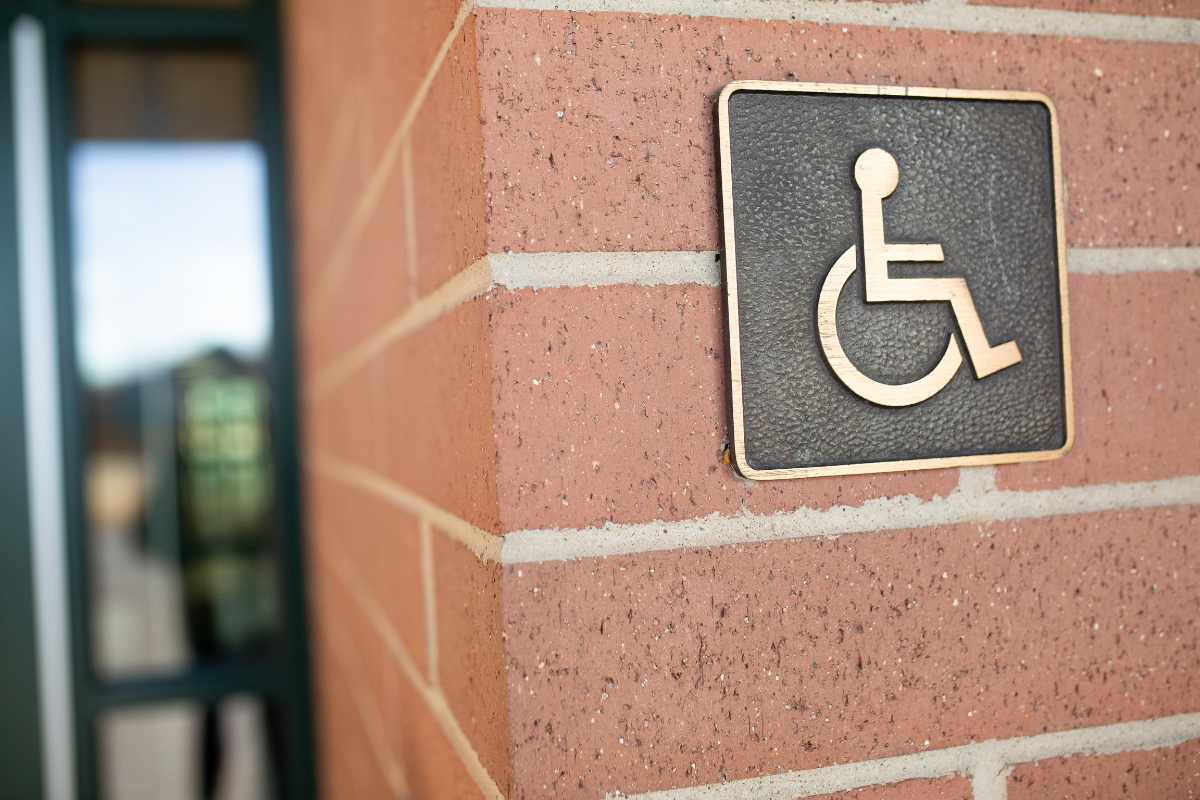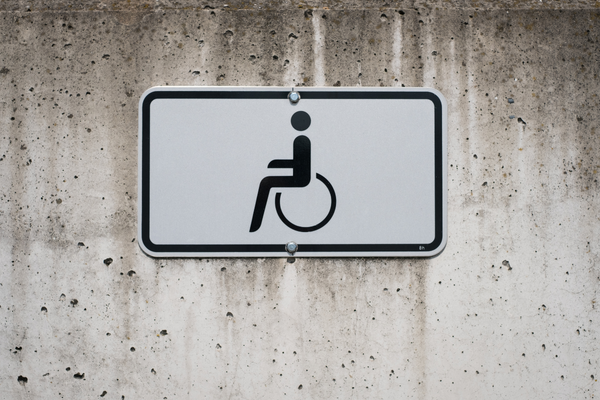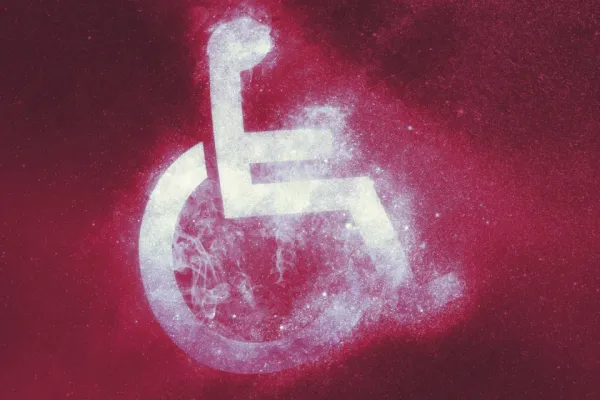6/4/25 - Trump's views on disability, disabled students and AI, and advice from a disabled parent
Trump opponents keep trying to figure out why these ableist comments haven't destroyed Trump's political career.

Good afternoon!
Here are your three disability-related links for midweek ...


Donald Trump’s Decades-Long Obsession With Eugenics
Julia Métraux, Mother Jones - May 28, 2025
"The opposition’s failure to address and confront Trump’s eugenicist views, the American studies scholar Susan Currell wrote in a 2019 article, “shows that a wide-ranging eugenic ideology is embedded in the broader American body politic.” The lack of emphasis on Trump’s comments and record around disability and genetics bears that out."
This is a useful listing of the most notable incidents in which President Trump has said and done things that reveal some pretty disturbing ways he thinks about people with disabilities. On the one hand, they are shocking. And Trump opponents keep trying to figure out why these ableist comments haven't destroyed Trump's political career. On the other hand, these are ideas that lots of people have, even if they don't say anything about them out loud. Lots of people believe that disabled and chronically ill people are burdens to society, live terrible lives, and would be better off dead or never born. The fact that people believe these things should be disturbing to us, but not shocking. The fact that the current President of the United States not only believes them but feels fairly free to express them – and that he basically gets away with it – is more than upsetting. It's an ominous warning about where disabled people actually stand in American culture today.
STUDENTS WITH DISABILITIES SEE AI AS A GAME-CHANGING TOOL BUT SCHOOLS ARE SLOW LEARNING HOW TO HARNESS IT
Reporter, Milwaukee Independent - May 18, 2025
"Artificial intelligence holds the promise of helping countless other students with a range of visual, speech, language and hearing impairments to execute tasks that come easily to others. Schools everywhere have been wrestling with how and where to incorporate AI, but many are fast-tracking applications for students with disabilities."
It's important to pay attention to positive articles on Artificial Intelligence as well as the ones about legitimate concerns and more speculative fears. This is especially true for AI that can help disabled people adapt, organize, communicate, and succeed. AI poses some serious ethical and literal risks to disabled people when it's used on us – to decide what we should and shouldn't qualify for, or as a substitute for human care and assistance. But AI can be as liberating as a wheelchair or a ramp when we use it as a tool.
A disabled mom’s message to parents: We all need help, and it’s OK to ask for it
Mara Gordon, WBHM - May 31, 2025
"At 28, I became disabled. My onset was so sudden and changed my life so profoundly in the course of a day. It took years to accept that I was sick, that I was disabled, and that I would never be well again. In that process, the sense that a good life was within my own power had been taken from me ... So when I became a parent, after becoming disabled, I no longer put pressure on myself as a parent to do everything right. I also don’t put pressure on my kids to do everything right. In many ways, my parenting is limited, because I can do a lot less physically than I could before. I mean, dramatically less. But there’s something really foundational: I am okay with life not being perfect or beautiful according to all my expectations, and I’m okay with my kids not being those things either. Although, of course, my kids are beautiful."
This interview is much deeper than I thought. It's not even really about being a disabled parent – not exclusively anyway. The piece overall turns out to be a good introduction to disability rights, accessibility, disability justice, and disability culture – but from the distinct perspective of a person disabled suddenly, later in life, who then became a parent. It is well worth reading in full.



Disability Thinking Weekday is a Monday-Friday newsletter with links and commentary on disability-related articles and other content. Please like, share, comment, and subscribe — for free, or with a paid subscription. A free subscription brings a newsletter to your email each weekday, and gives you access to Comments. Benefits of paid subscription also include:
- A monthly recap with links to all of the previous month's shared articles, organized by topic.
- Listing as a supporter, and a link to your website if you have one.
- You can recommend one disability-related article for me to share per month in a weekday post.
To to subscribe, upgrade to paid, or make a one-time donation, click one of the buttons below:
I am so grateful for your help and engagement, in whichever forms you choose!



